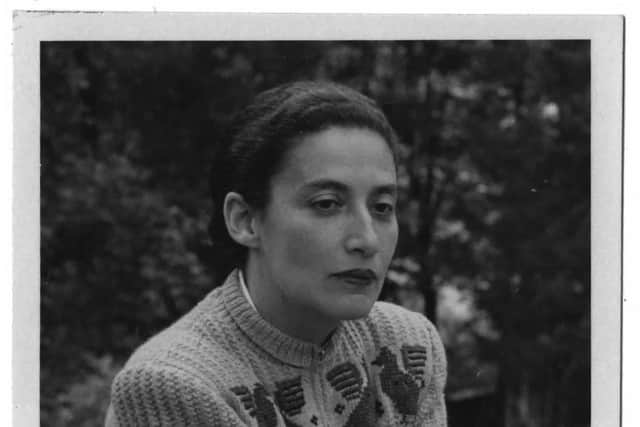TV Pick of the Week: Berlin 1933 - review by Yvette Huddleston
A very sobering three-part documentary that charts the events of 1933 as Adolf Hitler came to power in Germany, appointed as chancellor in January of that year. Told through the diary entries of a diverse range of people living in the city of Berlin at the time, and using extensive archive footage and photography, it presents a disturbing portrait of a tumultuous period of catastrophic change in German society.
By the early 1930s civil unrest was rife in the German capital, caused partly by mass unemployment, high inflation and grinding poverty. Fighting on the streets was an everyday occurrence and many families were struggling to make ends meet. Still stinging from its defeat in the First World War and the subsequent reparations that it was forced to pay, Germany was a country with many social and economic problems.
Advertisement
Hide AdAdvertisement
Hide AdWith the background and context explained, we then hear from the people whose diary entries throughout that significant year present a fascinating, if disturbing, glimpse into what life was like for those living through that period. Some are enthusiastic supporters of the new Nazi leader, such as the young doctor who writes of his intention to join the SA, the party’s so-called military wing whose main role was to intimidate and torture any perceived opponents. Others, such as a Jewish publisher and her family, and a high-profile trade union leader are living in fear for their lives.


We hear as well from outsiders and observers, such as foreign correspondents, diplomats and writers. We are also privy to the thoughts of the Nazis’ minister of information Joseph Goebbels whose chilling pronouncements on the party’s complete control of the press, broadcasting and the arts anticipate the relentless propaganda machine in the making.
The series captures how, to quote philosopher Hannah Arendt’s famous phrase, ‘the banality of evil’ was able to grow and thrive. One Danish journalist, who was present at the mass book burnings organised by the Nazis, records in his diary his sadness at witnessing a society essentially losing its moral compass.
What is most thought-provoking about the series, though, is how sadly resonant this all is with our times as governments across Europe, including our own, become increasingly right wing and intolerant, finding scapegoats to blame for internal social problems.